Recently, in communes and wards, Then - Tinh classes are no longer a movement but have become a familiar part of community life. These classes attract students of all ages, from primary school students to the elderly. In the space of the village cultural house, the resounding sound of the instrument combined with the smooth, profound singing creates a learning atmosphere that is both serious and intimate, imbued with identity.
Classes are held regularly in the evening or on weekends to suit the working hours of the people. The teachers are usually folk artists, excellent artists who have been involved in the art of Then singing and Tinh playing for many years. They not only teach theory but also inspire with their love for the national culture. In each class, students learn from how to hold the instrument, pluck the keys, keep the rhythm, to how to hum Then lyrics, understand the structure of the song and the meaning of each word. Some classes also organize practice performances so that students can get used to performing in front of the community.
Ms. Hoang Thi Huong, a student in Truong Ha commune, said: I used to listen to Then singing when I was young but never thought that I could hold the Tinh instrument and sing. Now that I have learned it properly, I love my ethnic melodies even more and feel proud when performing in village and commune activities. Like Ms. Huong, many older students join the class with the desire to preserve the cultural values of their roots, while the younger generation learns to understand and confidently express their cultural identity in front of their peers.
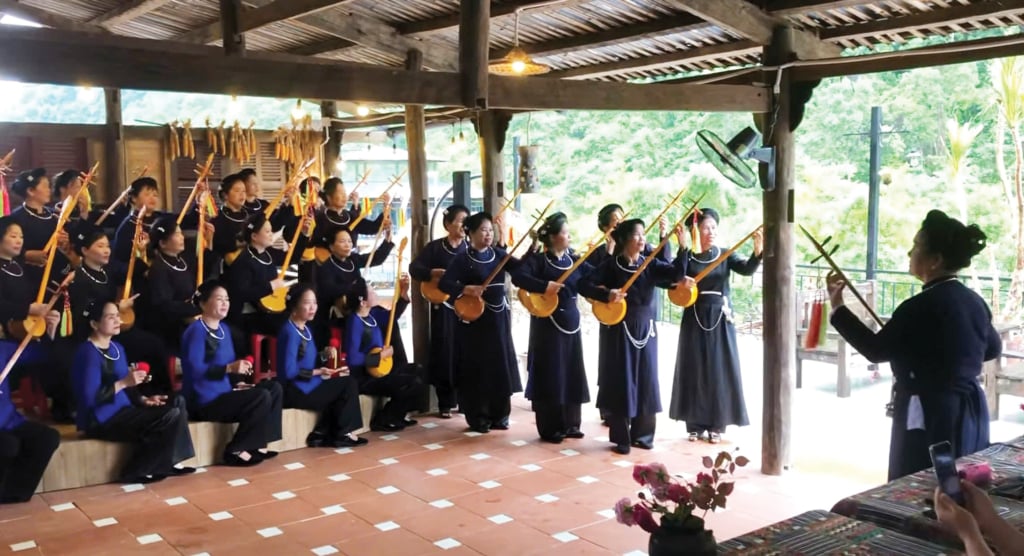
From those simple classes, many "non-professional artists" were born. They may not have been awarded titles, have never performed on a big stage, but they are the ones who strongly spread the love of national culture in daily life. Festivals, cultural festivals, local exchange programs... gradually became richer with Then - Tinh lute performances staged and performed by the people themselves. Then singing is no longer the "privilege" of a few elderly artists but has become a common spiritual asset of the whole community.
The good news is that among the students of then classes today, many children show great interest in this subject. Some primary and secondary schools in communes have also begun to include then singing in collective activities or integrated into extracurricular activities. Nurturing a younger generation that understands and loves traditional arts not only helps preserve identity but also opens up opportunities for sustainable development of national culture in the future. Local authorities also have many policies to encourage the development of folk culture classes. Some communes have proactively planned to preserve and promote the art of then singing - tinh lute in the project to build cultural life at the grassroots level. With support from the Department of Culture, Sports and Tourism, localities are gradually forming a network to teach folk songs and dances from the community to schools, from the elderly to the young.
The fact that people have become "artisans" in their own homeland is not only a testament to the revival of folk culture but also affirms the role of the community in preserving heritage. Culture cannot exist if it is only in books or performance programs. Only when living with the people, attached to every daily routine, can traditional culture truly last.
Then singing and Tinh lute playing are no longer a distant art form, but are reviving in the very life of the villages of Cao Bang . From simple classes, from the hands and hearts of ordinary people, eternal values have been and continue to be lit up - like the never-ending flow of national culture on the frontier land.
Source: https://baocaobang.vn/khi-nguoi-dan-tro-thanh-nghe-nhan-giu-gin-van-hoa-dan-toc-3179635.html




![[Photo] Many people eagerly await the preliminary review despite heavy rain](https://vphoto.vietnam.vn/thumb/1200x675/vietnam/resource/IMAGE/2025/8/27/4dc782c65c1244b196890448bafa9b69)

![[Photo] Brilliant red of the exhibition 95 years of the Party Flag lighting the way before the opening](https://vphoto.vietnam.vn/thumb/1200x675/vietnam/resource/IMAGE/2025/8/27/e19d957d17f649648ca14ce6cc4d8dd4)
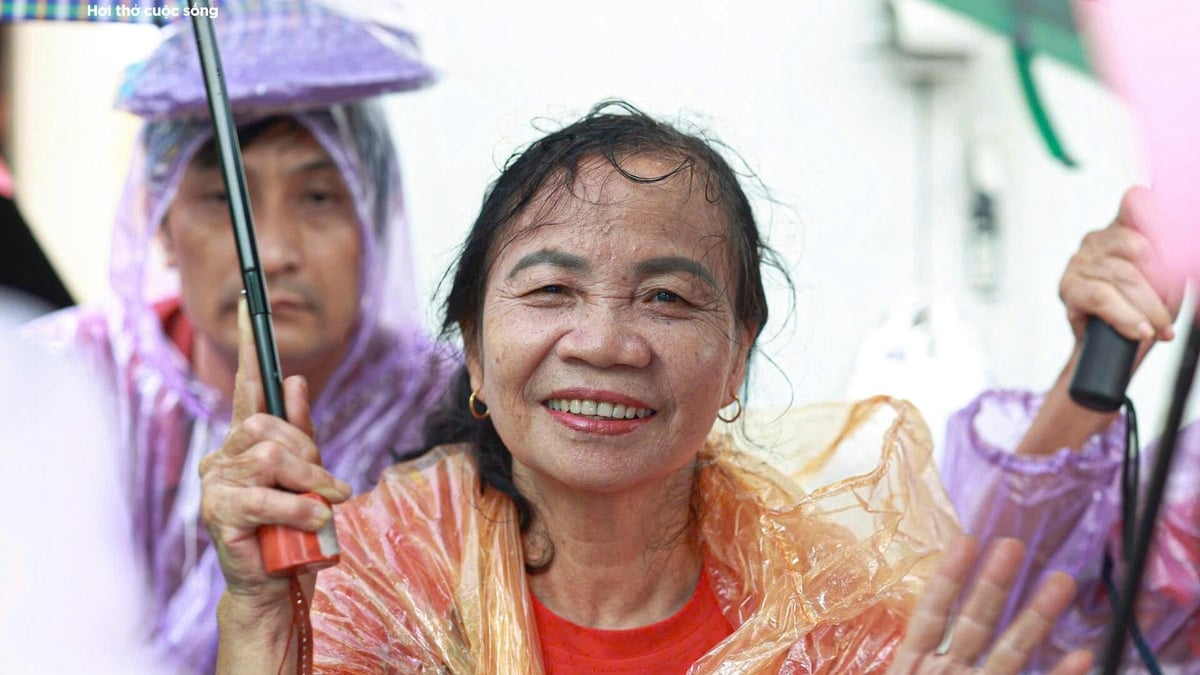
![[Photo] Prime Minister Pham Minh Chinh chairs meeting of National Steering Committee on International Integration](https://vphoto.vietnam.vn/thumb/1200x675/vietnam/resource/IMAGE/2025/8/26/9d34a506f9fb42ac90a48179fc89abb3)
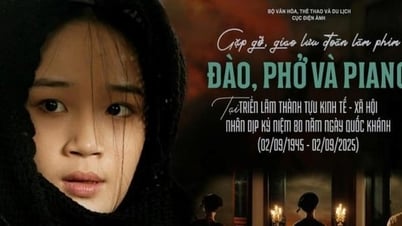

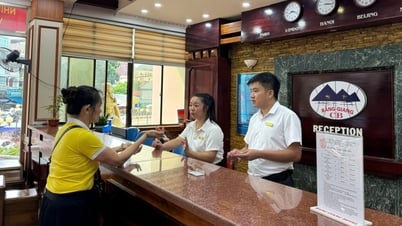
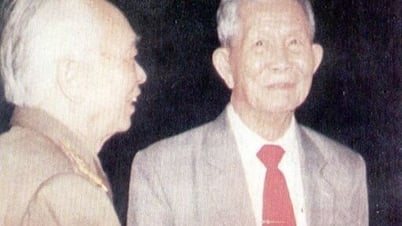

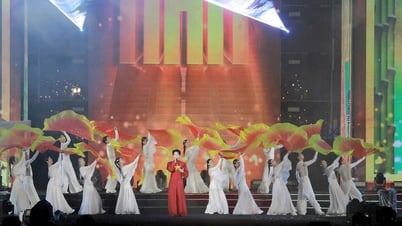

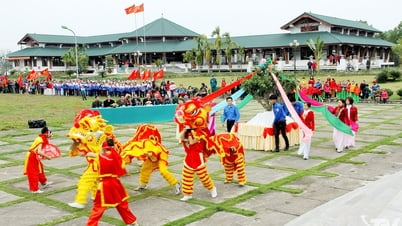

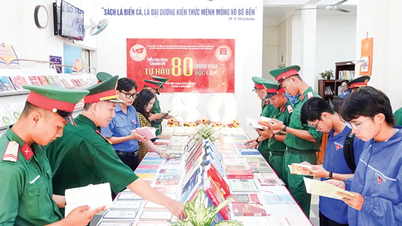





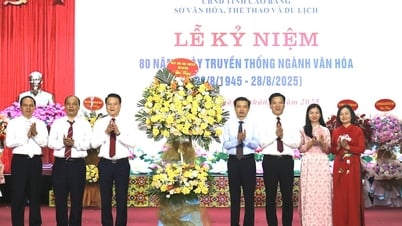
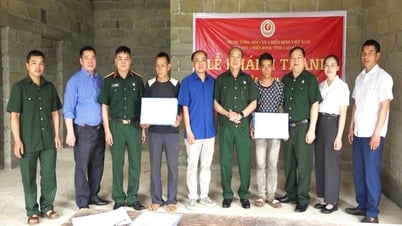



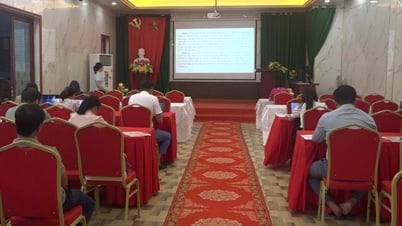




























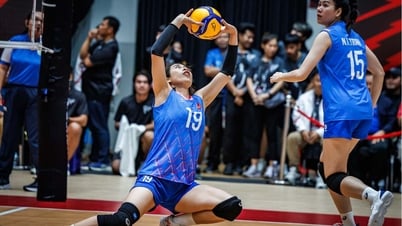



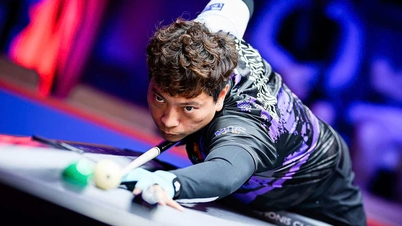

![[Photo] General Secretary To Lam attends Meeting with generations of National Assembly deputies](https://vphoto.vietnam.vn/thumb/402x226/vietnam/resource/IMAGE/2025/8/27/a79fc06e4aa744c9a4b7fa7dfef8a266)


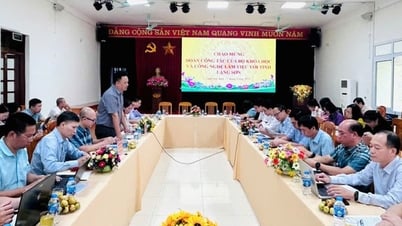






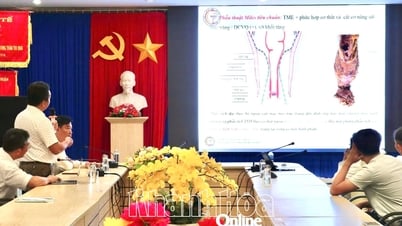

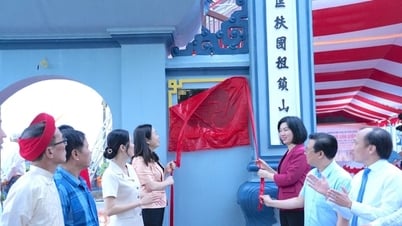



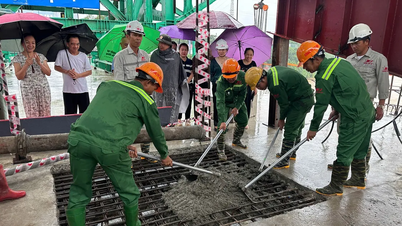
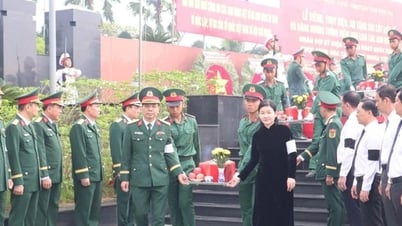










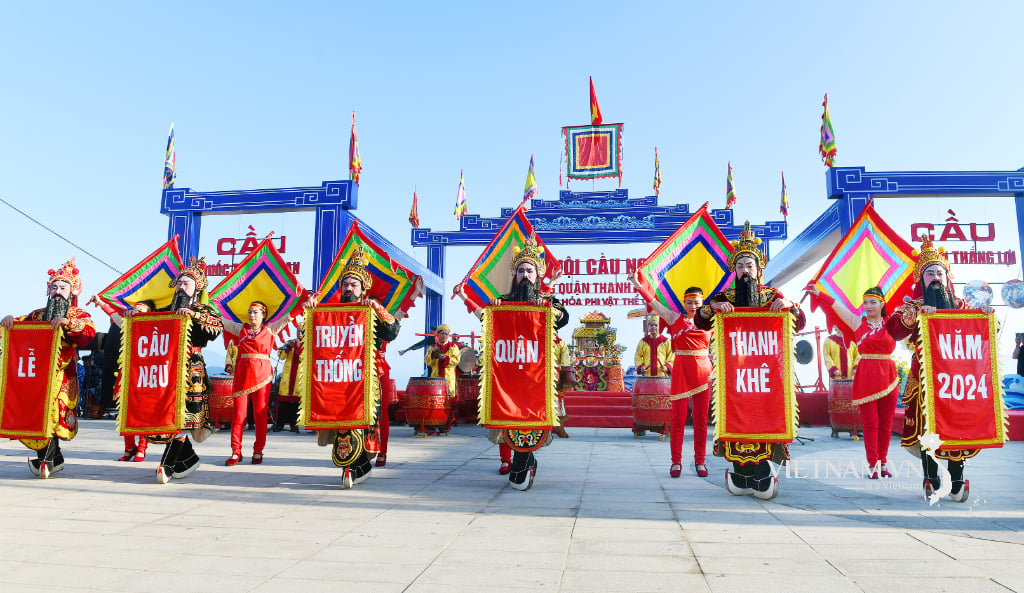

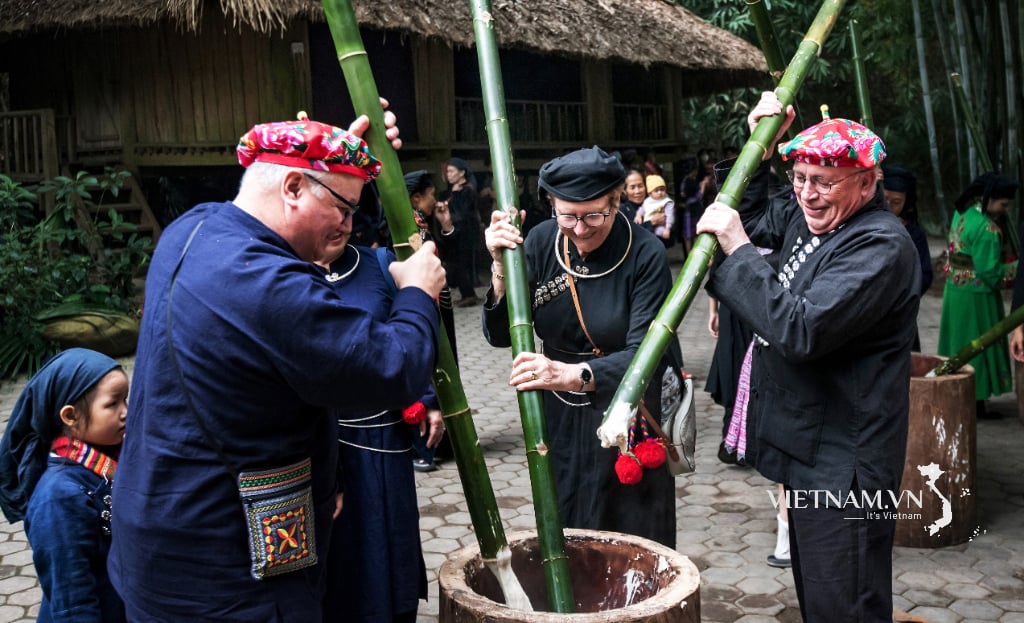
Comment (0)